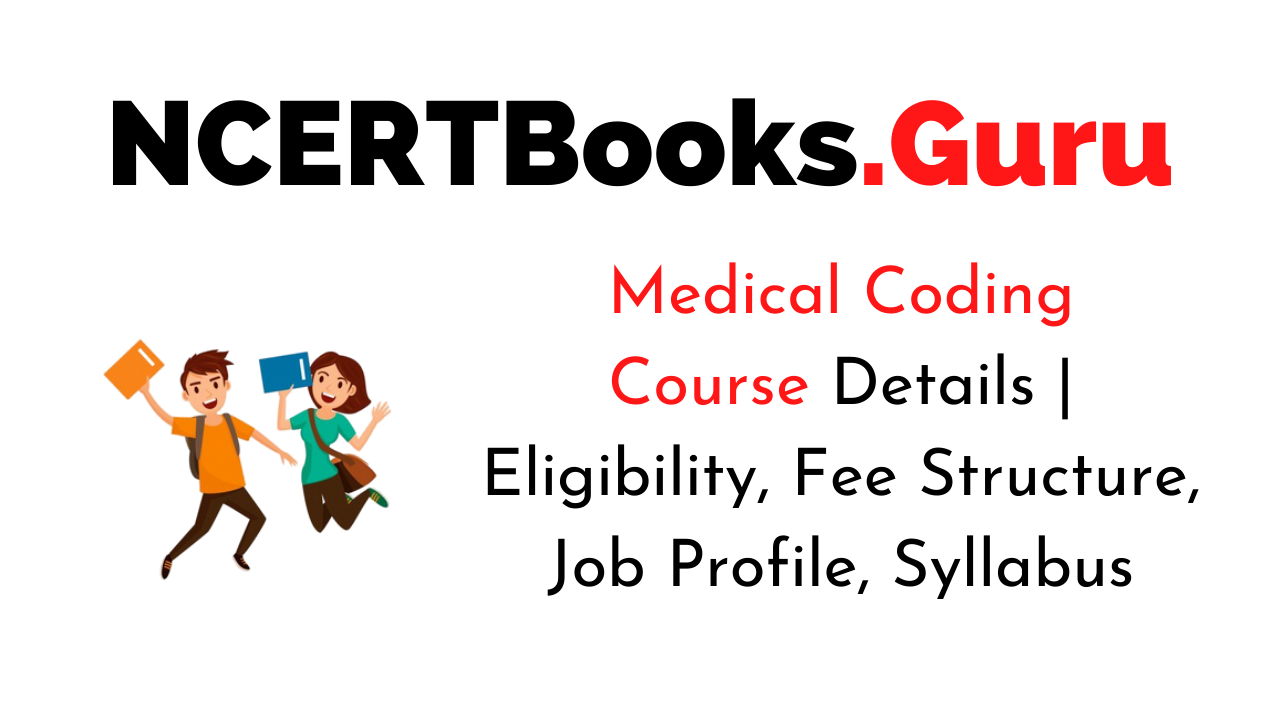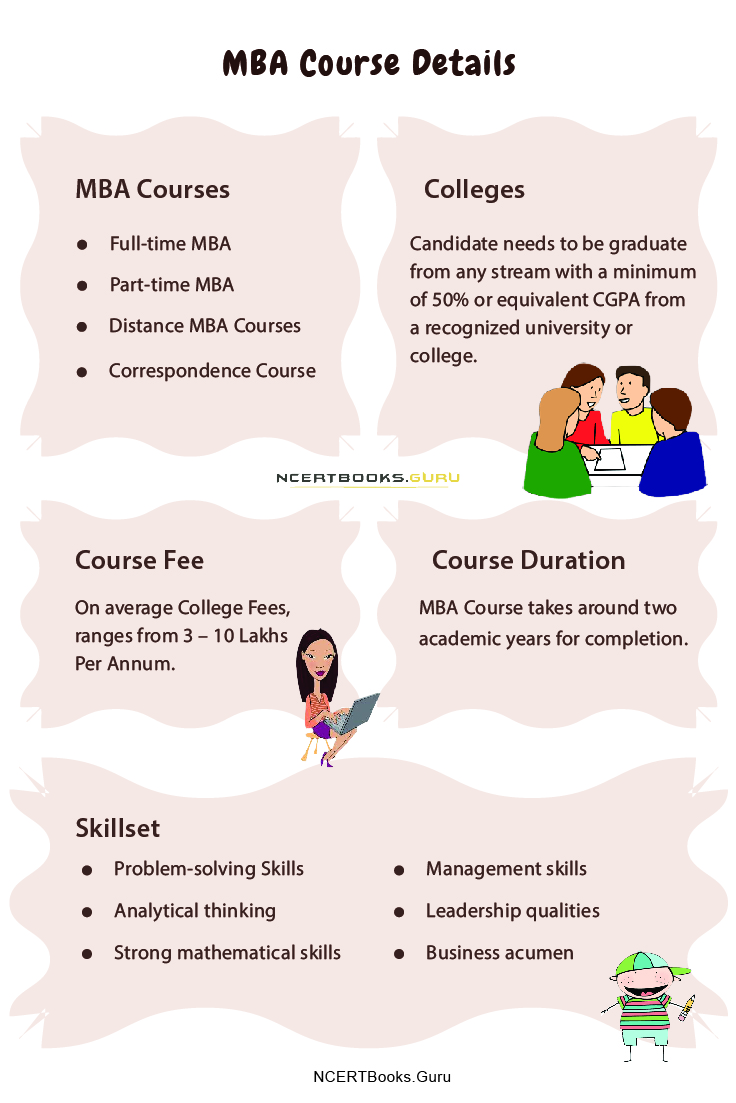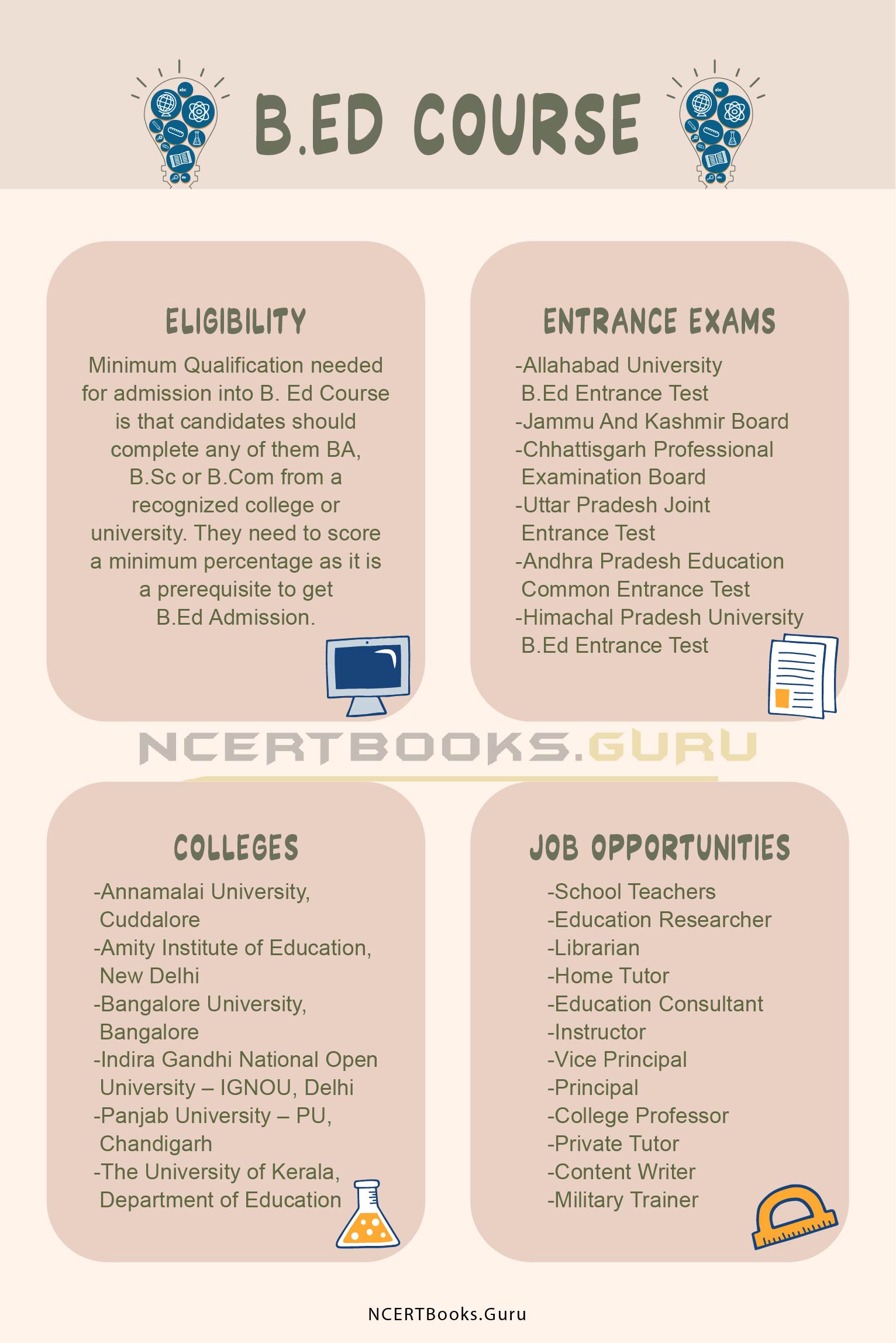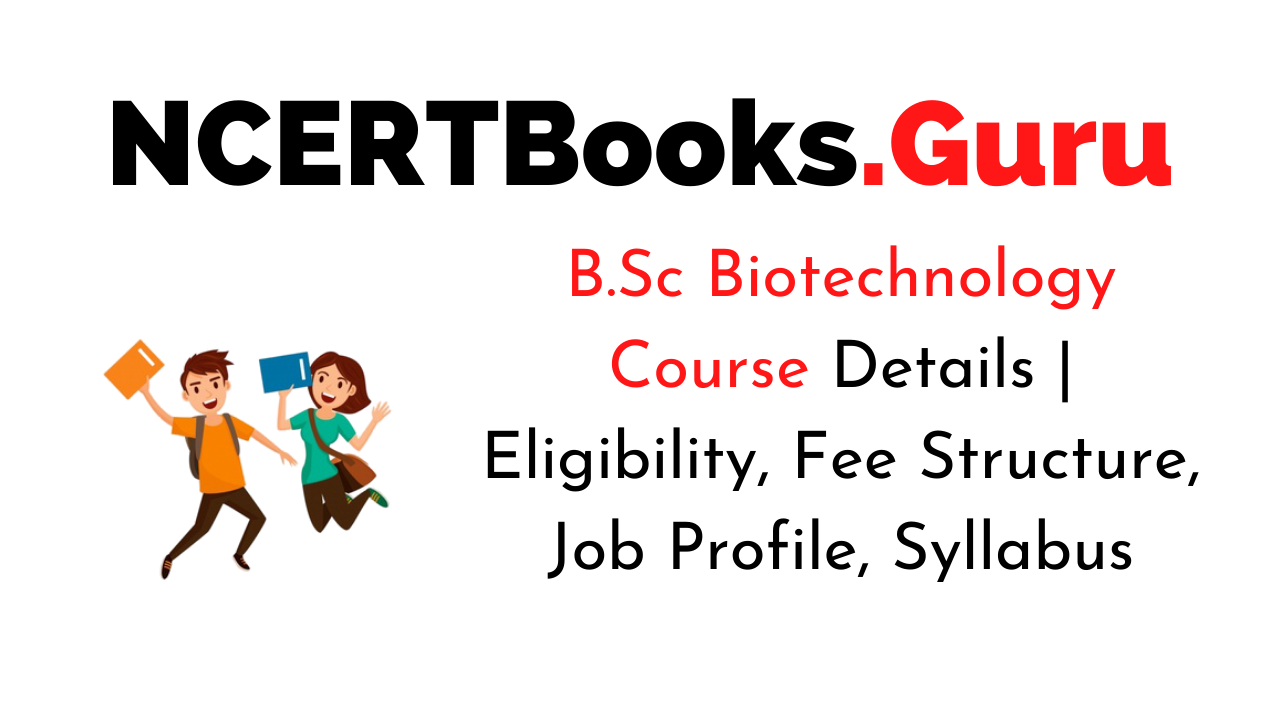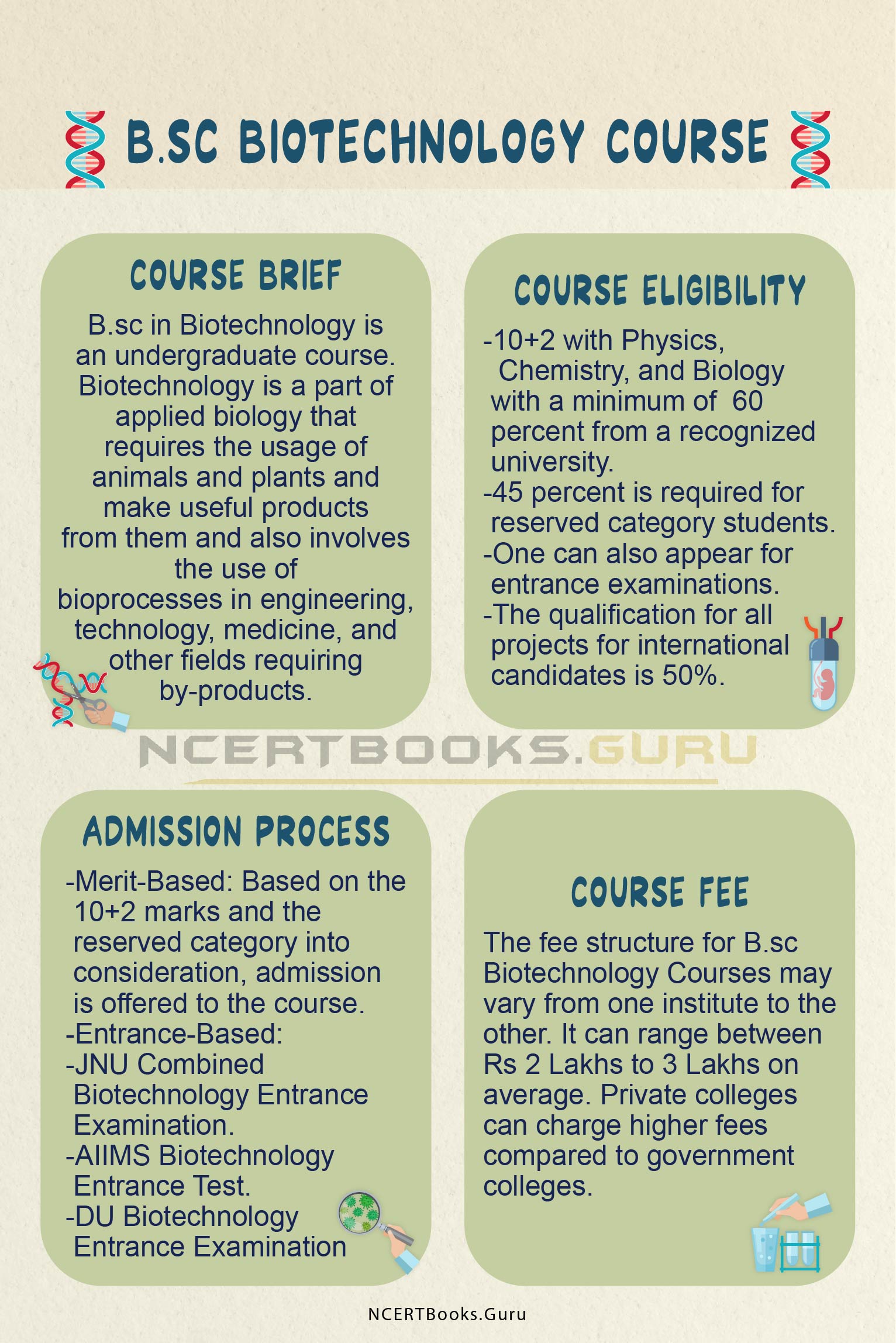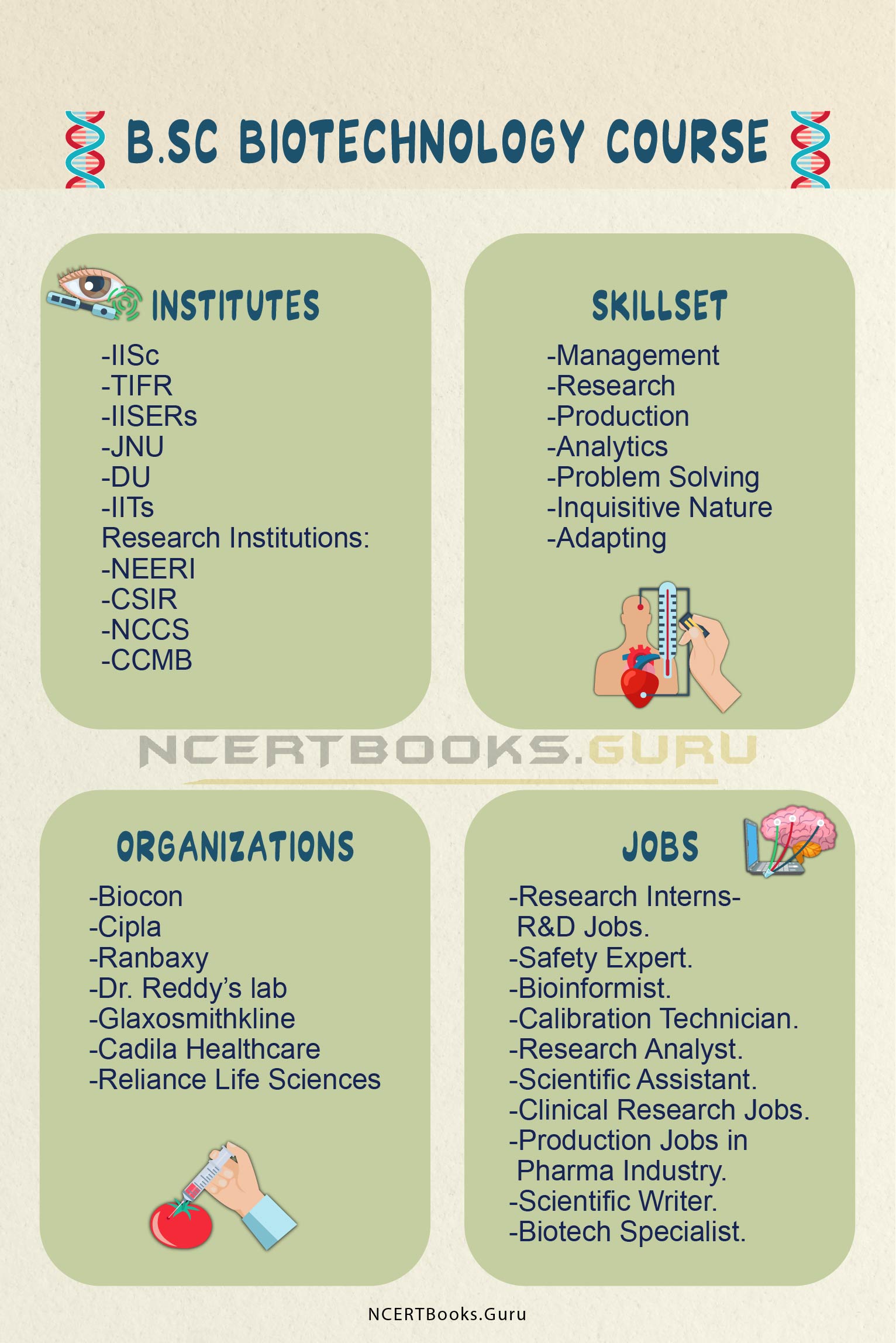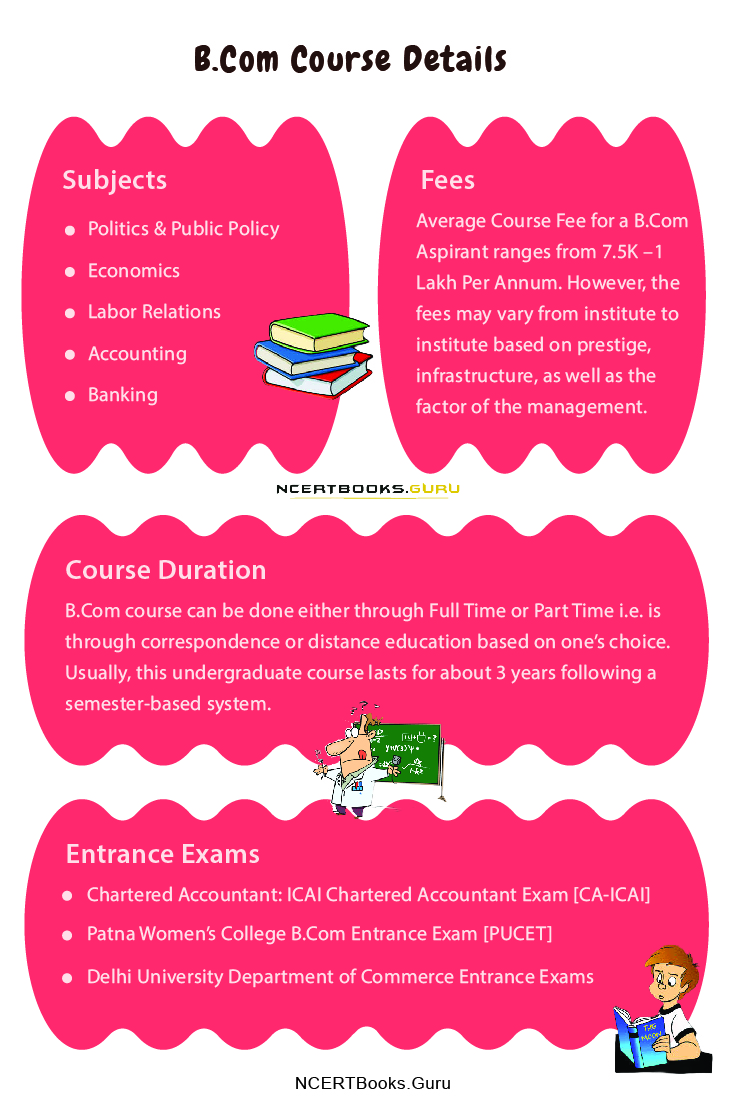Medical Coding Course Details: As we know, most people didn’t know that the world of coding terminology exists in the medical field. In which many of the students are wondering to know about the course. The actual time Medical Coding Course Duration depends on several factors like your training period, how eager to learn this typical acronym. Also, this course, including both online and offline modes with training.
The Medical coding Course is just like a musician code, which is peculiar for a specific tune when interprets the written music and uses its instrument to produce that node. Same here, Medical coding required the knowledge to understand different anatomy, physiology, and diagnosis of the services, and the rules and regulations accordingly to maintain records.
In the recent globalized world of the internet, it is beneficial in a statistical analysis of diseases and treatments that are present, diagnosis-related group reimbursement, which is done, and it is made easier observance for tracking of epidemics or pandemic events like SARS COVID-19 in modern healthcare operations in the modern world. It also allows organizations to communicate mutually and effectively with each other throughout India and the world.
- Medical Coding Course Description
- Medical Coding Job Description
- Medical Coding Course Eligibility Criteria
- Medical Coding Job Profile
- Medical Coding Course Details Work Profile
- List of Institutions Offering Medical Coding Course Details
- Medical Coding Course Fee Structure
- Medical Coding Course Syllabus
- Salary and Recruiters in India for Coders
- What is the importance of medical coding?
- Which is the best Coding selection certificate?
- Which is best among billing or coding?
A Brief on Medical Coding
Medical coding brought a transformation in healthcare diagnosis, medical service, and equipment into Universal alphanumeric codes. The diagnosis and Procedural code are taken from Medical record books or documentation, such as transcription of Physician’s note laboratory and radiologic results. Medical coding related professionals help ensure the codes are done correctly during the medical billing process, including abstracting the information from documentation, assigning the appropriate codes, and creating a claim to pay by the insurance company. Also, suppose it is needed for patients. In that case, the coder can abstract other key information from the documentation, including physician names, dates of procedures, and other information regarding the history of the patient’s disease.
The matching of the coding sequence and the hospital’s data systems is a major advantage of this tool. Access to modern trends like big data analytics, who typically access to large amounts of data in various sources stored and exchange from a large online data system. Coding also allows for the particular implementation in even more significant and more intriguing ways.
For example, according to a case study that supports Google Flu and Google Dengue are two important tools, Google helped to allow for real-time tracking of disease activity. Looking at the broader perspective, data from this kind of information might help doctors make more enlightened decisions About newly explored disease.
Medical Coding Course Description
Why is there a need for coding?
Patient’s personal health information follows them through consequent complaints and treatments, and they can be easily understood. This is especially vital considering the hundreds of millions of visits, procedures, and Hospitalizations.
Though the challenge is that there are thousands of conditions, diseases, injuries, and causes of death. Medical coding classifies these for easier tracking & reporting. And in healthcare, there are multiple descriptions, acronyms, names, and eponyms for each disease, and tool. Medical coding standardized the language and presentation of all these elements so they can be easily understood, tracked, and Modified.
Process of Medical coding
Patients – Medical Record – Medical coding
Record contains
- Patients in History.
- Pathological Report.
- Clinical Data.
There is any record of a patient’s diagnosis results, and treatment must be documented, not only for reimbursement but to ensure guaranteed high-quality care in future visits. A patient’s health information follows them through subsequent complaints and treatments, and they must be easily understood. As we know, there are also thousands of services performed by providers and having an equal number of injections and supplies to be tracked. Medical coding segregates these for easier reporting and tracking.
Interested students can also pursue Medical Courses to get placed in the best hospitals.
Medical Coding Job Description
How can we use this code?
Medical coding performs all over the world, with most countries using the International Classification of Diseases. ICD is maintained by the World Health Organization(WHO) and modified by each member country to serve its needs.
ICD-10-CM (International Classification of Diseases, Clinically Modified)
The International Classification of Diseases (ICD) is a system developed collaboratively between World Health Organization (WHO) and ten international centers so that the medical terms reported by Physicians, Medical examiner,s and coroner’s of death certificates can be grouped for statical purposes.
Purpose of the ICD
The main purpose of ICD is to promote International uniformity in the
- Collection,
- Classification,
- Analysis and
- Comparision
For morbidity and mortality data.
Volumes of the ICD
ICD contains basically three volumes:
- Volume 1 Main classification: It contains the classification itself. It indicates the category into which the diseases/diagnoses are to be allocated, facilitate their shorting, and counting for statical purposes.
- Volume 2 Instructions and Guidance to the Users: It provides guidelines for the use of classification.
- Volume 3 Alphabetical Index: Volume 3 of International Statical Classification of Diseases and Related Health Problems in an alphabetical index to the tabular list of Volume 1.
Volume 1 is regarded as the primary coding tool. However, the alphabetical index is an essential adjunct to the tabular list since it contains a great number of the diagnostic term that does not appear in volume 1.
The two-volume, therefore, must be used together.
Structure of the ICD- 10 Codes
- It contains a combination of four digits alphabet and numeric characters.
- The first digit is alphabetic characters.
- The last three digits are alphanumeric characters.
Get to Know More about other types of Course Details Streamwise, and Categorywise.
Medical Coding Course Eligibility Criteria
No formal qualification is needed to become a medical coder. The interested candidates of Medical coding must have a bachelor’s degree or master’s degree, preferably from a life sciences background. Also, the ability to read and analyze medical records and patient details by using the right code for the billing process.
How Do you become a Medical Coder?
To become a Medical Coder, you must attain training from a Coding Specific program or college.
There are Several Medical Coding certification available depending on the area of the revenue cycle, depending on your wish to pursue.
The baseline for most of the candidates is the Certified Professional Coder (CPC), which certified the coder’s ability to work in an outpatient setting. Facility coders should pursue the Certified Inpatient Coder (CIC) for inpatient coding and Certified Outpatient Coder (COC) for hospital patients receiving in-and-out services.
Medical Coding Job Profile
How is Medical Coding done?
- Trained and Certified Medical Coder best does medical coding.
- Review the previous day’s batch of patients’ notes for evaluation and coding.
- The type of record and notes depends on the clinical setting (outpatient and facility). It may require a certain degree of specialization { Healthcare system may have an individual who focuses on medical specialties while a coder who works on smaller, or more general offices, we have a broad range of patients and medical Conditions}.
- Coders depend on ICD-10 and CPT code books to begin translating the physician notes into useful medical codes.
Other Codes
- ICD-10- CM (International Classification of Diseases, 10th Edition, Clinically modified)
- CPT (Current Procedure Terminology)
- ICD-10-PCS (International Classification of Diseases, Procedural Coding System)
- HCPCS Level 2 (Health Care Procedural Coding System)
- CDT (Code on Dental Procedures and Nomenclature)
- NDC (National Drug Codes)
- Modifiers
- MS-DRG and APC
- MS-DRG (Medical Severity Diagnosis Related Groups)
- APC (Ambulatory Payment Categories)
Also, Read:
Medical Coding Course Details Work Profile
Let’s look at an example illustrated below to work related to this course:
There is a case study of 40-year-old male patients suffering from rectal pain, rectal bleeding, and some left-sided lower abdominal pain. Initially, the doctor performs the colonoscopy procedure and the risks, not limited to bleeding, perforation, infection, side effects from medication, a need for surgery, etc. It was fully explained to the patient and their attendant. Informed consent had taken.
- Instrument Used: CF-Q160.
- Sedation: Demerol 100 mg IV incremental doses and Versed 5 mg IV in incremental doses done by the anesthesia team.
- The extent of Exam: Up to cecum as recognized by the ileocecal valve and appendiceal orifice.
- Length of Scope Insertion: 110 cm.
Post-operative Diagnoses/Impression
- Moderate-sized, internal hemorrhoids.
- Mild diverticulosis.
Description of Procedure: As the patient is in the left lateral position, their first digital examination of the rectum was done. Then, CF-Q160 was passed through the rectum under direct visualization and advanced to the cecum. The ileocecal valve and appendiceal orifice recognized the cecum. There were a few couples of tics/diverticula seen on the left side of the colon. Before withdrawing the scope, a carefully looked by the doctor’s team and found that the Retroflex view in the rectum showed moderate-sized internal hemorrhoids.
Plan/ Recommendation
- Anusol-HC suppositories for hemorrhoids.
- If there is no family history, a follow-up colonoscopy in ten years. CPT® Code: 45378
- High-fiber diet.
- ICD-10-CM Codes: K64.8, K57.30
This code is followed by Doctors around the world if these symptoms pairing with any patients can be cured easily.
List of Institutions Offering Medical Coding Course Details
- Healthcare and Medical Coding Knowledge Point Institute- 3 months.
- Medical Coding – (Certified Professional Coder) Castle- Training 50 Hours.
- Medical Coding Training Course Bait Al Hikmah Management Consultancy-80 Hours.
- Inpatient Coding-CIC Bait Al Hikmah Management Consultancy-40 Hours.
- Medical Coding – (Certified Professional Coder)IKYA Global – 6 weeks
Some global institutions provide this Course like The American Academy of Professional Coders is the most popular organization abbreviated for AAPC offers a particular CPC Preparation Course for physician-based coding to medical coding that can be completed under four months duration.
Another AHIMA is facility-based coding, and it has both a certification program and also a degree program. AHIMA’s online coding basics program is self-paced, but it is known to be completed in 15 months.
Medical Coding Course Fee Structure
The average class fees for the CPC application are a sum of INR 21,000, which has to be compensated in full at the start of the program itself. And in some cases, company owners also offer their employees by paying their own money to learn this course.
For AAPC, It has an online certification program for about $1,500.
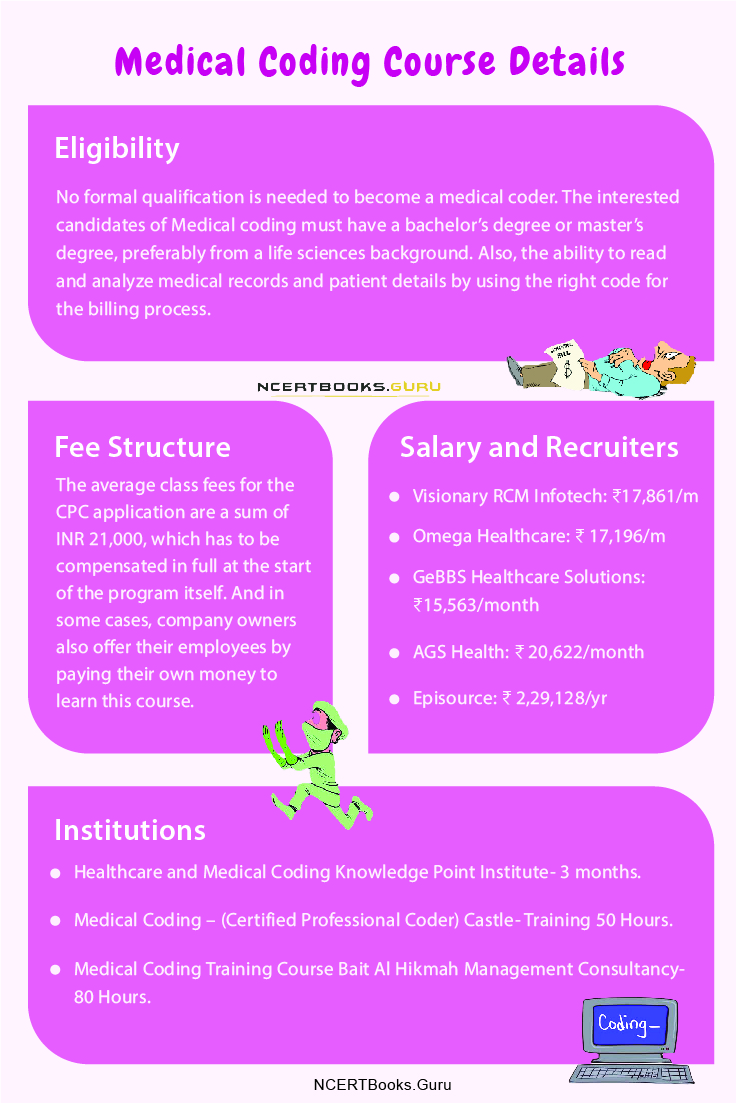
Medical Coding Course Syllabus
- Introduction to Medical Terminology
- Anatomy Structure
- Medical Terminology
- Medical Ethics
- ICD-9-CM Coding Manual
- Infections using ICD-9-CM
- Digestive System using ICD-9-CM
- Coding for Pregnancy using ICD-9-CM
- CPT Coding for Reproductive Systems
- Coding for Mental Disorders using ICR-9-CM
Salary and Recruiters in India for Coders
On an average salary annually is 321k and it depends upon work experience some list of Recruiters with the monthly package are shown below:
- Visionary RCM Infotech: ₹ 17,861/monthly – Range: ₹6K – ₹50K
- Omega Healthcare: ₹ 17,196/month – Range: ₹10K – ₹53K.
- GeBBS Healthcare Solutions: ₹ 15,563/month – Range: ₹9K – ₹68K.
- AGS Health: ₹ 20,622/month – Range: ₹10K – ₹34K.
- Episource: ₹ 2,29,128/yr – Range: ₹215K – ₹315K.
- Tata Consultancy Services: ₹ 16,941/month – Range: ₹10K – ₹24K.
FAQ’s on Medical Coding Course Details
Question 1.
What is the importance of medical coding?
Answer:
Medical coding is a very helpful system that plays a key role in modern healthcare operations. In recent times it also allows organizations to communicate effectively with each other and also healthcare systems throughout India and the world.
Question 2.
Which is the best Coding selection certificate?
Answer:
The best Certified Coding Specialist (CCS) through AHIMA and the Certified Professional Coder (CPC), through AAPC, are often the coding credentials in the highest regard by employers.
Question 3.
Which is best among billing or coding?
Answer:
When we talk about the aspect of average salary, there is no difference between medical billing and medical coding. Employers, geographic location, and years of experience are the factors with the most significant impact on earnings.
Summary
According to the Bureau of Labor Statistics (BLS) estimates, demand for medical billing and coding specialists rises by 11% between 2018 to 2028 – that’s “much faster than average.” That means a lot of new hiring for medical billing and coding specialists. This implies that Medical Coding and Billing Jobs are Plentiful Jobs. So you must grab it as early as possible
